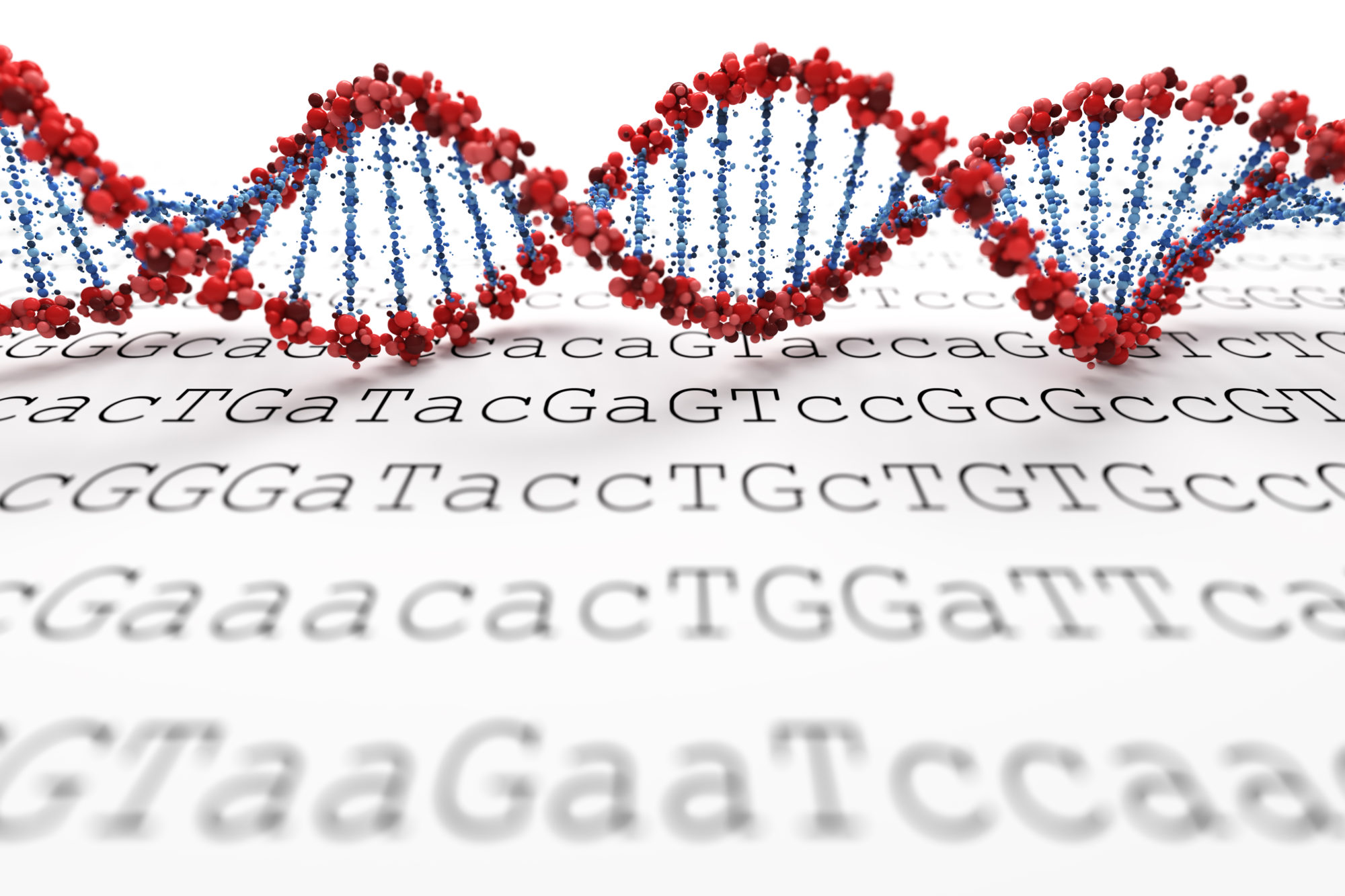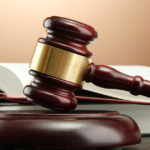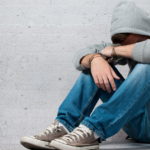2022 is here — and in its wake — there is a nearly two-year record of skyrocketing depression AND crime rates (a 30%+ increase in homicides, a 42% uptick of domestic violence calls for assistance involving a firearm, and a steep increase in other serious and violent crimes.)
We have said it before, and we will say it again — Criminality is a SYMPTOM. In this case, an increase in troubling crimes is happening largely because we are in increasingly trying times! And the effects are being felt nationwide. 1 in 3 Americans has had depression since the early months of the pandemic, and a study showed that those diagnosed with depression are three times more likely than the general public to commit violent crimes, including robbery and assault.
These statistics are devastating by themselves, but If you or a loved one have been charged with a serious crime such as a felony (or wobbler) – you know this devastation personally.
I can’t tell you how many times I’ve seen shame damage and even end the lives of people who focus on the intensity of their negative feelings. Individuals that see themselves as a “bad” person and then turn that shame inward. For example, in the wake of a three-strikes offense.
As an experienced defense attorney, take it from me — no matter how serious the charge, you are NOT beyond saving. And you are NOT alone. While suicide and crime rates are skyrocketing around us, my clients take a serious charge as a wake-up call, a true opportunity to CHANGE THEIR LIVES for the better.
As written in the first blog on this subject, change your perspective and change your life. The world does not need more people to turn on themselves — it needs those who take their second chance as a new lease on life so that they can then help others do the same.
UNDERSTANDING & ADDRESSING THE UNDERLYING CAUSES OF CRIMES (& ACCESSING VITAL RESOURCES)
The role of mental illness in crime is indisputable, but so are many other factors. From substance abuse to financial stress and recent domestic violence, crimes are often a call for help. Substance abuse puts someone with a mental health condition in an especially vulnerable state. It has been reported in studies that a diagnosis of both substance abuse and mental illness made someone much more likely to commit a violent crime than those with only mental illness (31% with both vs. 18% for mental illness alone).
If you need help now, please know there are resources available to you 24/7. The Substance Abuse and Mental Health Services Administration (SAMHSA) has a 24/7 hotline that can help. And of course, Proper Defense is here to help.
Often the result of adverse childhood experiences (ACEs), the impact of trauma on a young brain is well documented. While our previous blog on the subject focused primarily on the links between traumatic experiences and juvenile crime, the lasting negative implications often last throughout adulthood. Self-compassion and a new understanding often come as a result of acknowledging that the things that happened to you as a child hurt you and were not your fault.
Remember, no matter how negative the consequences of a serious felony conviction, you or your loved one has the power to start making positive changes today. It sounds oversimplified, but I’ve seen the transformation that happens when my clients decide to take a bad situation as a chance to make positive life changes. Whether they need to move out of a harmful environment, get a steady job, or take a break from the stressors that led to this event, the focus is on self-development. Therapy (individual, family, couples) and support groups are only a few of the many options.
DIVERSION PROGRAMS & OPPORTUNITIES FOR HELP EVEN WITHIN THE THREE STRIKES LAW
When you’re arrested and charged with a crime, you no doubt want it to just go away. While as a defendant, you must still go through the criminal justice system, fortunately, there are a number of diversion opportunities to help get a case dismissed for first-time and non-violent offenders. Here is an overview of those diversion programs and links to the corresponding blog posts on the subject.
Misdemeanor Diversion Program, (PC 100.95 – 100.97), greatly increases diversion opportunities for various misdemeanor cases in California. Simply put, defendants with misdemeanors could have their case dismissed or erased upon completion of a court-ordered education or treatment program. No “guilty” or “no contest” plea is required to enter the diversion program. For more details, read this recent post on the subject.
Drug Diversion Program (Penal Code 1000): this affords defendants, mainly those accused of drug possession, an opportunity to avoid jail time through treatment. It is targeted toward those arrested for low-level, non-violent drug crimes and having no previous disqualifying convictions in the last 5 years. For more details, this post provides further information.
Mental Health Diversion Program (Penal Code 1001.36): Applicable for misdemeanors and certain felonies, this program allows the chance for treatment and possible dismissal of charges. As mentioned in a previous blog post about the Mental Health Diversion Program, not all crimes are eligible. Murder and sex crimes are among those excluded.
Military Diversion Program: Military (or Veterans) Diversion Program (Penal Code 1001.80): defendants are often eligible for a treatment and diversion program for the following conditions: PTSD, sexual trauma, traumatic brain injury, substance abuse, or mental health problems. For more details, read this recent blog post. Qualifying for these programs often requires strict eligibility requirements. Especially if you have a prior conviction on your record.
However, when you are charged with a serious or violent felony that falls under the three-strikes law (PC 667), the stakes are much higher and the diversion-related lighter sentencing opportunities are fewer. (After all, a conviction of a third serious or violent felony can mean 25 to life and even two strikes can double your sentence for even minor crimes.) This is why it’s more important than ever to work with an experienced criminal defense attorney you can trust, because you still have options.
I’m often asked, ‘What crimes fall under the three strikes law?’ Simply stated, three strikes crimes are those felonies that are considered serious and violent felonies in California (They include murder, forcible rape, robbery, etc.) See our felony page here for more about the process involved in all levels of felonies.
Read more about what constitutes a violent felony (PC 667.5) here and what constitutes a serious felony (PC 1192.7) here. Because of the complex nature of these charges, I recommend consulting with a qualified three strikes law attorney (Beverly Hills, Los Angeles, Fresno, Hanford, Madera, Merced, Tulare, Visalia, and Orange County are all areas Proper Defense serves.)
There are a few ways to mitigate or fight a three-strikes charge and related sentencing, including:
- The Romero Motion. If you find yourself with one or more prior strikes, sentencing can be very harsh. For sentencing purposes, a defendant can ask the court to remove a prior strike. This often results in considerably less time behind bars and parole opportunities.
- An Appeal of a Three Strikes Sentence. In 2012, Prop 36 made an important change to the 3 strikes law. Examples of inmates eligible for a third strike appeal include those who received a third strike for a crime that wasn’t considered a serious or violent felony. Prior, the third crime could have been a low-level felony like simple possession.
- The Chance for Parole in Certain Cases. In 2016, Prop 57 offered those convicted of a nonviolent felony parole eligibility so long as they served their “primary sentence”. While very complex for three strikes cases, it is a possible road to a reduction in time served.
Remember, making a mistake does not make you a bad person who is undeserving of legal defense and a second chance at life. A good attorney knows this and will let you know you aren’t alone in the legal process, even though it can feel isolating. Proper Defense is synonymous with what you expect when hiring experienced criminal defense lawyers. Fresno, Hanford, Los Angeles, Madera, Merced, Tulare, Visalia, and Orange County are all areas we serve.
YOUR FUTURE CAN STILL BE BRIGHT WITH A PROPER DEFENSE
After an arrest, especially for a serious crime, it can feel like your life is over. After all, whether you are new and familiar with the legal process, it is often overwhelming, scary, and isolating. But it doesn’t have to be. At Proper Defense, we promise peace of mind and sound guidance. You deserve a second chance and we’re here to help you realize it.
For a true advocate that you can trust, in a judgment-free zone, contact Proper Defense Law Corporation today. For a FREE consultation in the Fresno area, call (559) 825-3800. You can reach us at our Beverly Hills location by calling (424) 284-4066. You can also schedule an appointment online on our Contact Us page. It gets better with Proper Defense, we promise.
In addition to this information, resources can be found through searches such as: “What’s a felony?”; “What does PC 667.5 B mean?”; “What is not a violent crime in California?”; “What makes someone a violent felon?”; “What is the minimum sentence for a felony in California?”; “What is a serious violent offense?”; “What are considered violent crimes?”; three strikes lawyer near me; cheap criminal lawyers near me; good lawyers near me; affordable lawyers near me 3 strikes; sample Romero motion California; “Why would a judge deny a Romero motion?”; Romero motion sample, Romero act 3 strikes law California 2021; and three strikes law statistics 2020.








